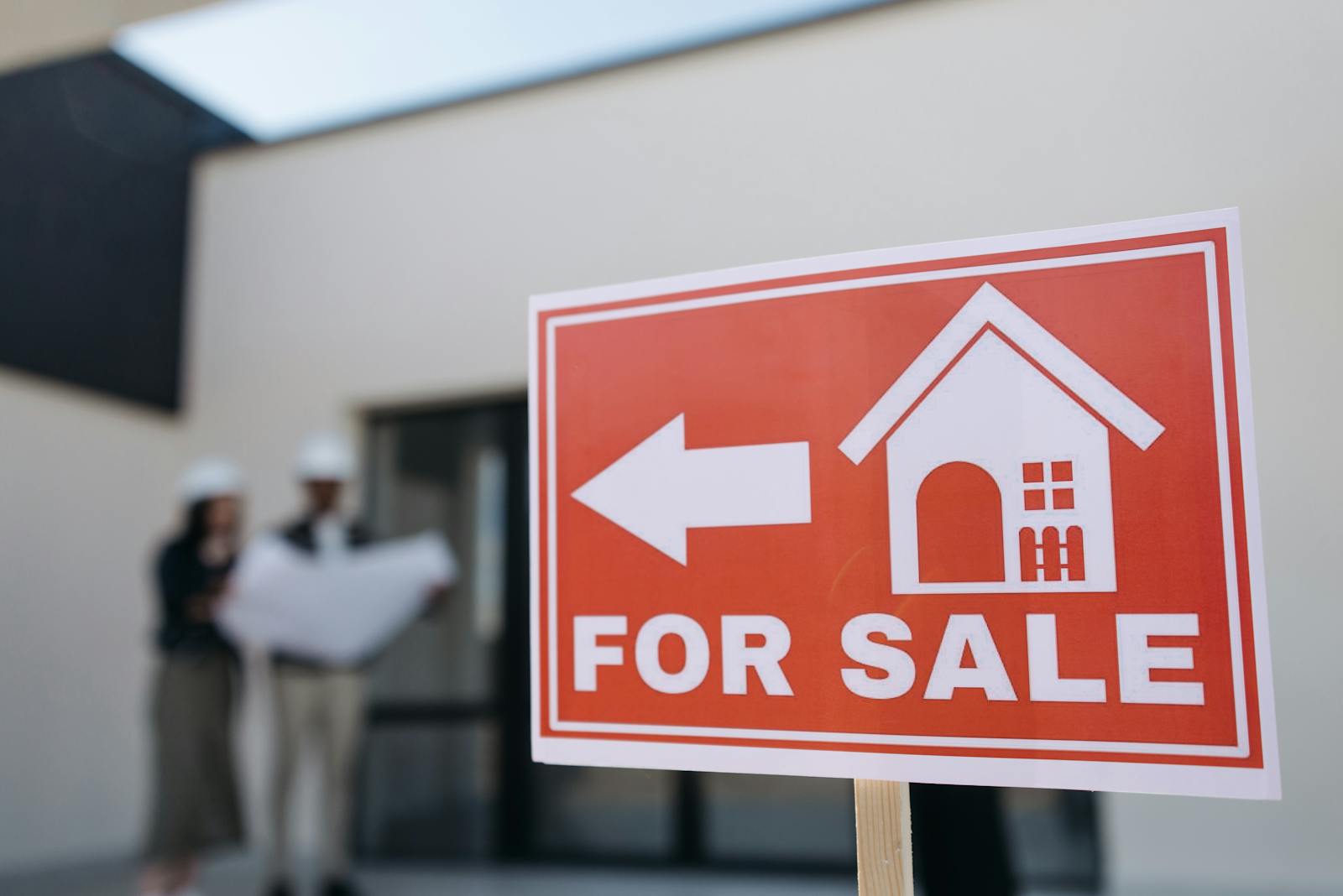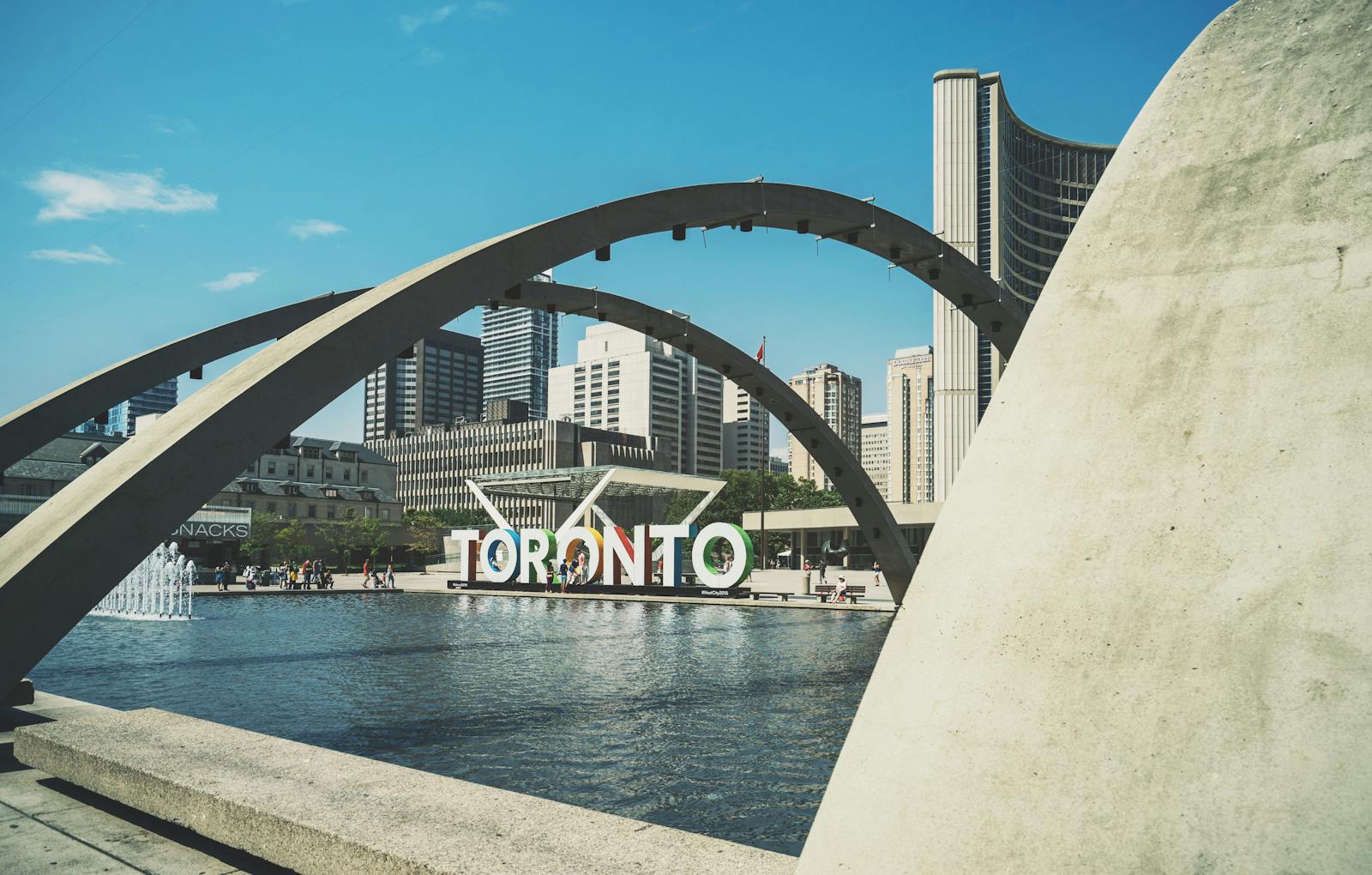Buying a Power of Sale property in Ontario can be the smartest financial move of your life—or a money pit if you go in blind.
Unlike a traditional home purchase where you are dealing with a homeowner who takes pride in their property, here you are dealing with a bank or lender who has one goal: recoup their money. They are not emotional, they are not sentimental, and most importantly, they are not liable for the condition of the home.
If you are a first-time buyer in the Power of Sale market, do not sign an offer until you have ticked off every item on this checklist.
1. The "Cash Buffer" Check
The Risk: Banks sell these properties "As Is." If you move in and find the furnace is dead, the plumbing leaks, or there is mold behind the drywall, the bank will not fix it. The Checklist Item: Do you have a contingency fund?
Advice: Do not max out your budget on the purchase price. Set aside $10,000–$20,000 specifically for immediate repairs that might pop up in the first week.
2. The Financing "Appraisal Gap"
The Risk: You might win the bidding war at $800,000, but because the house is in rough shape, the bank’s appraiser might say it’s only worth $750,000. The Checklist Item: Can you cover the difference?
Advice: Banks will only lend on the appraised value, not necessarily the purchase price. If there is a gap, you must pay that $50,000 difference in cash. Ensure your financing is rock-solid and your lender knows you are buying a distressed property.
3. The "Redemption Clause" Reality
The Risk: In Ontario, the original homeowner has the right to "redeem" the mortgage (pay off their debt) and keep the house right up until the last moment. The Checklist Item: Are you prepared for the deal to die?
Advice: Every Power of Sale agreement includes a clause stating that if the owner pays up before the deal closes, the sale is void. You get your deposit back, but you don't get the house. Don't buy furniture or cancel your current lease until you have the keys in your hand.
4. The "Schedule A" Legal Review
The Risk: Power of Sale listings come with a massive legal document called "Schedule A." This document essentially strips away almost all your standard buyer rights. The Checklist Item: Has a lawyer reviewed the Schedule before you offered?
Advice: Never sign a Power of Sale offer without a lawyer seeing it first. The bank’s schedule will state they make "no representations or warranties" about anything—including whether the additions to the house are legal or if there are environmental hazards.
5. The Deposit Strategy
The Risk: Banks don't like waiting for cheques to clear. They want to know you are serious immediately. The Checklist Item: is your deposit liquid?
Advice: Be ready to provide a certified cheque or bank draft for at least 5% (sometimes 10%) of the purchase price within 24 hours of acceptance. A weak deposit is the fastest way to lose a Power of Sale deal.
6. The "Bully" Mindset
The Risk: These properties are sold on the open market (MLS). If it’s a good deal, you are not the only one watching it. The Checklist Item: Are you ready to move fast?
Advice: Banks operate on business days. If a listing drops on Tuesday, don't wait until Saturday to see it. The best deals are often snapped up in 48 hours.
The Final Verdict
Buying a Power of Sale is not for the casual browser. It requires speed, cash liquidity, and a thick skin. But if you can tick these boxes, you are in a prime position to build serious equity.
Need a guide? We specialize in navigating the complex paperwork and risks of Ontario Power of Sales. Contact us today to get started.













